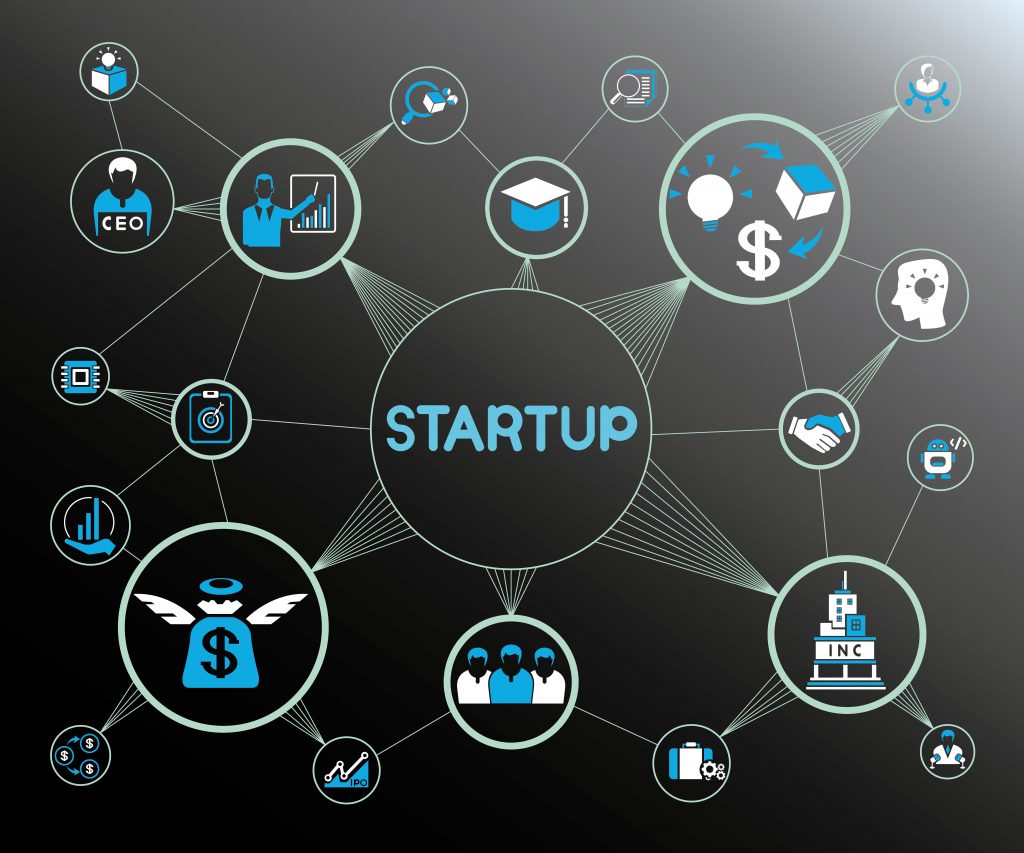We may have occasionally encountered the term “unicorn startup,” but what about “decacorn startups”? Have you previously heard of this term? In any case, we’re here to provide explanations about decacorn startup definition and examples!
What is a Decacorn Startup?
The word “decacorn” comes from the Greek word “deka,” which means the number 10. This term is then combined with “unicorn” to form the term “decacorn.” A decacorn startup is a company with a valuation that is ten times that of a unicorn.
We are all aware that a startup unicorn is valued at $1 billion. Therefore, a decacorn should be valued at a minimum of $10 billion.
Also read: Important Positions in Startup Organizational Structure
The List of Decacorn Startups in Indonesia and Southeast Asia

Decacorn Startup (source: Freepik)
Indonesia’s startup industry has grown so rapidly over the past few years. One of these has a valuation of $10 billion. This means that Indonesia has already made its first decacorn, which is now competing not just in Indonesia but all over Southeast Asia. These are some examples of decacorn companies operating in Indonesia and Southeast Asia.
1. Gojek
Gojek is the first startup in Indonesia to be worth $10 billion and become a “decacorn.” According to Katadata.co.id, the company’s estimated value in December 2021 will be $10.5 billion.
In 2022, Gojek merged with Tokopedia, and the new company was called PT GoTo Gojek Tokopedia Tbk. In April 2022, GoTo launched its IPO and opened its stock to the public. Nadiem Makarim, who is now Indonesia’s minister of education, started Gojek in 2010.
Gojek is not only the first decacorn in Indonesia but also the first unicorn to appear in 2016. Additionally, they were recognized as one of Fortune’s Top 20 companies. Gojek occupies the seventeenth position on this list.
Gojek expanded its Southeast Asian operations to Vietnam and Thailand. This expansion step allows them to reach a phenomenal one million orders per day.
In 2021, Gojek’s partnership with Tokopedia generated a new buzz. This collaboration led to the creation of GoTo, which combines the e-commerce platform of Tokopedia with the on-demand transportation and financial services of Gojek.
2. J&T Express
In Indonesia, Gojek is not the only decacorn startup. The expedition and logistics startup J&T Express has also reached the decacorn level. Even though this company is new to Indonesia, it has grown quickly because of the COVID-19 pandemic.
During the COVID-19 pandemic, we heavily relied on e-commerce to acquire our daily necessities. As a result, the expedition and logistics services see a significant increase in transactions. J&T Express was able to take advantage of this chance and raise its value to the level of a decacorn.
J&T Express is now valued at nearly twice as much as Gojek, or US$20 billion or Rp285 trillion.
Also read: Early Startup Funding Stages: Explained From Seed to IPO
3. Bytedance
Bytedance is a Chinese technology company based in China. The estimated value is approximately US$140 billion, or Rp2000 trillion, which is extremely high. Bytedance operates worldwide, including in Asia.
Tiktok, one of the most well-known social media applications, was created by this company. Bytedance acquired and merged Musically and Douyin before rebranding the company as Tiktok.
Tiktok is currently the most popular application, with millions of devoted users. By July 2022, over 500 million downloads of this application had been recorded.
4. Grab
The following company is well-known in Indonesia, and it has become Gojek’s chief rival. Indeed, we’re discussing Grab. Similar to Gojek in that it provides transportation services. The valuation of this Singapore-based company has reached US$11 billion, or Rp165 trillion.
Grab is the first Southeast Asian decacorn startup company. In 2019, it becomes a decacorn. In 2012, Anthony Tan and Hooi Ling Tan founded this company in Malaysia under the name MyTeksi. MyTeksi expanded into the Philippines, Singapore, and Thailand the following year. It changed its name to GrabTaxi at that time.
GrabTaxi receives Series D funding in 2014 and becomes an official unicorn. Grabtaxi will subsequently expand to Vietnam and Indonesia. It expands its services to include GrabCar, GrabFood, and GrabBike, among others. GrabTaxi changed its name to Grab for the second time in four years.
Also read: The Differences Between Unicorn, Decacorn, and Hectocorn
5. SEA Group
Shopee, Grab, and the online game developer Garena are unquestionably well-known. SEA Group, a holding company, manages these three significant start-ups. In 2019, this Singaporean start-up officially became a Decacorn. In April 2022, India’s stricter rules and SEA Group’s pricey marketing strategy caused its market capitalization to drop.
After India banned their Free Fire game program in February 2022, SEA Group’s daily market capitalization decreased by more than US$16 billion, or Rp228 trillion.
This concludes our list of companies in Southeast Asia and Indonesia that produce decacorns. Startups that are valued at a decacorn should have a plan to keep or grow their value. Even so, some may lose value because they don’t have a plan for marketing or because the global market is unstable.



